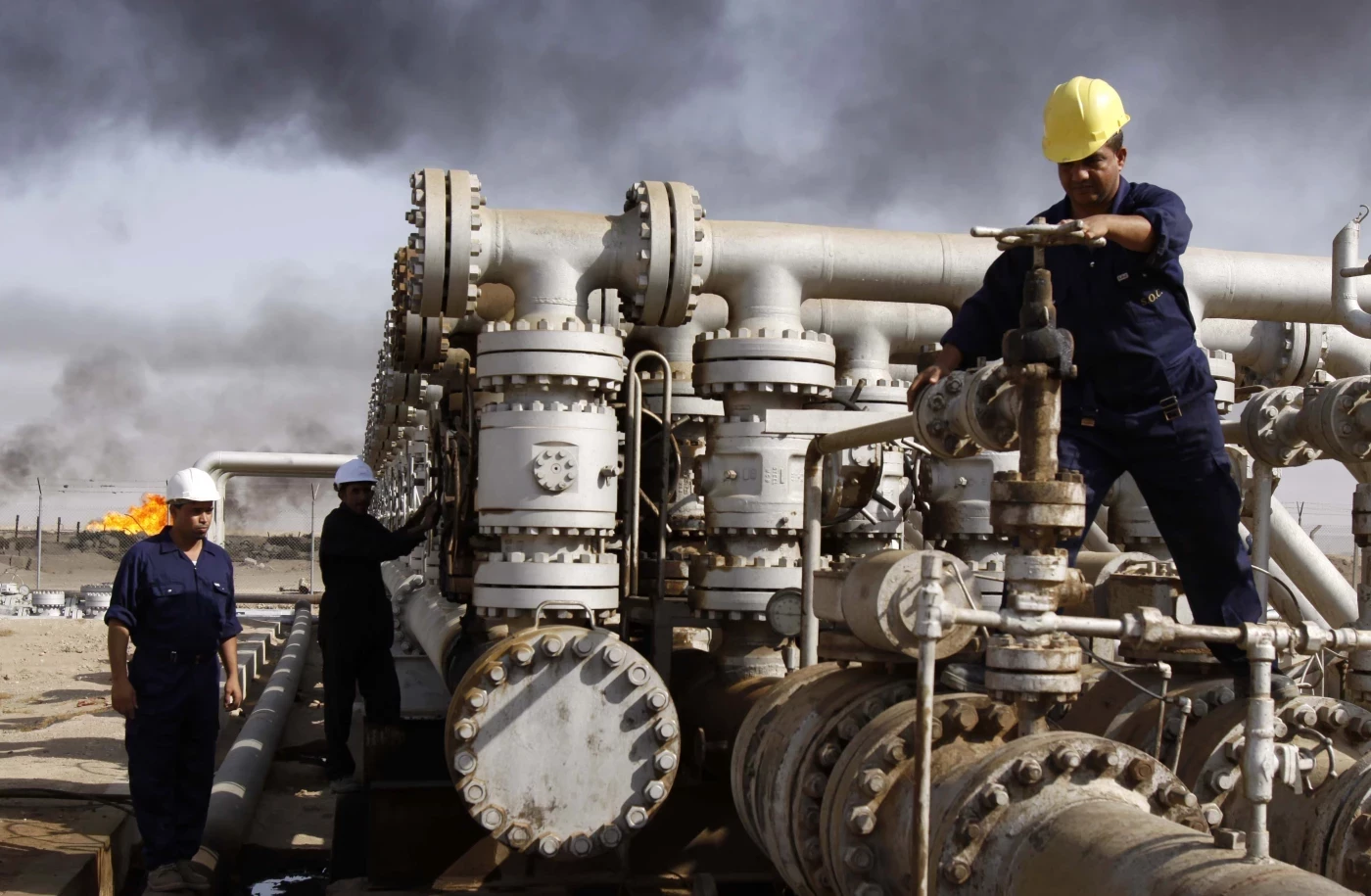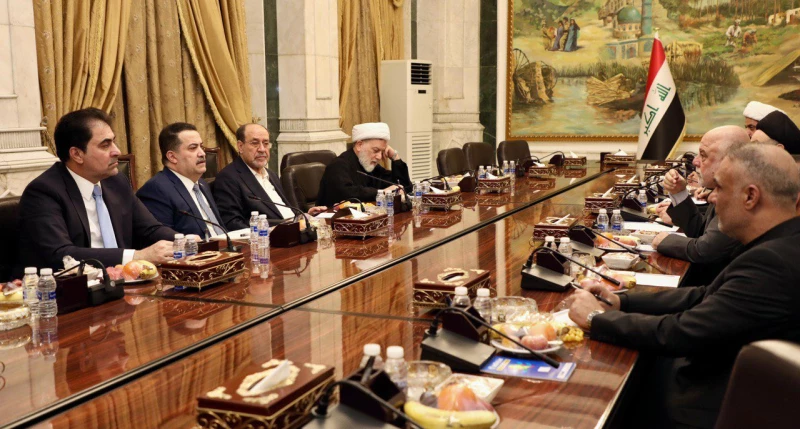ERBIL, Kurdistan Region of Iraq – Washington will not accept “an indefinite delay” in resolving issues relating to the Kurdistan Region’s oil exports, the US State Department spokesperson told The New Region on Wednesday, calling on all involved parties to urgently restart operations.
Exports of the Kurdistan Region’s oil through the Turkish Ceyhan pipeline were halted in March 2023 after Ankara lost a case against Baghdad in a Paris-based arbitration court. The case accused Ankara of breaching a 1973 agreement by allowing the Kurdistan Regional Government (KRG) to start selling oil independently of Baghdad.
Representatives from Erbil and Baghdad have engaged in fresh rounds of talks in both cities in recent days aimed at resolving the longstanding financial issues and making a final push toward the resumption of the Kurdistan Region’s oil exports —a move seen as the only step out of the crisis.
“The business of three American companies is directly harmed by the pipeline’s closure. This is unacceptable. We have repeatedly urged all parties to resolve their issues and will not accept an indefinite delay,” Tammy Bruce, spokesperson for the State Department, told The New Region.
“The pipeline’s closure has done nothing but stifle Iraq’s economic development and undermines American business and help increase Iran’s influence. This issue needs to be resolved, and soon,” she added.
The halt in oil exports has cost Iraq and the Kurdistan Region over $25 billion, according to the KRG.
Bruce said that the Turkish Ceyhan pipeline “provides a critical alternative route for oil to reach global markets, benefiting the Iraqi and IKR [Iraqi Kurdistan Region] economies as well as the American companies that operate there.”
“Its reopening stands to benefit the United States, the IKR, federal Iraq, and the region alike.”
In a letter addressed to the KRG in late May, Iraqi Finance Minister Taif Sami said that Baghdad was “unable to continue funding the Region” for the rest of the year, arguing that Erbil has already exceeded its share of the annual budget.
The Kurdistan Region’s Council of Ministers on Wednesday reiterated that Erbil has fulfilled all of its obligations toward resuming the Region’s oil exports, noting that once the process is restarted there will be “no excuses” in the way of Baghdad disbursing the Region’s financial entitlements.
The meeting came just days after a delegation led by the Region’s natural resources minister returned from Baghdad from salary talks with the federal government.
Spokesperson for the Kurdistan Regional Government (KRG) Peshawa Hawramani said earlier on Wednesday that funding the salaries of the Region’s employees by the federal government is contingent upon an agreement between international oil companies (IOCs) and Baghdad for the resumption of Erbil’s exports.
“The ball is now in Baghdad’s court,” Hawramani said. “The fate of one million employees awaits a signature,” from Iraq’s Prime Minister Mohammed Shia’ al-Sudani. Hawramani noted there were third parties involved in the recent meetings between Erbil and Baghdad, notably the US, who “wants the Kurdistan Region’s oil exports to resume.”
“All parties are waiting on the federal government's decision to approve the mutual understandings that have been reached between both sides in the presence of representatives of the oil companies,” the council’s statement added.
The KRG in late May signed two agreements with two American firms to develop certain oil and gas fields in the Region, which combined for a total value of around 110 billion US dollars. The agreements were rejected by Iraq's oil ministry, claiming they were “unconstitutional”.


 Facebook
Facebook
 LinkedIn
LinkedIn
 Telegram
Telegram
 X
X



